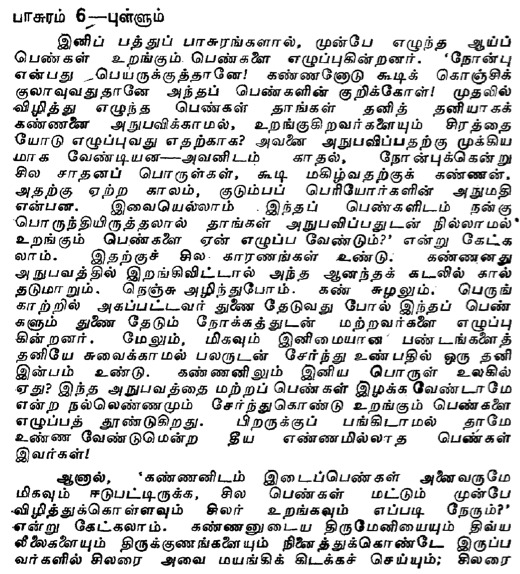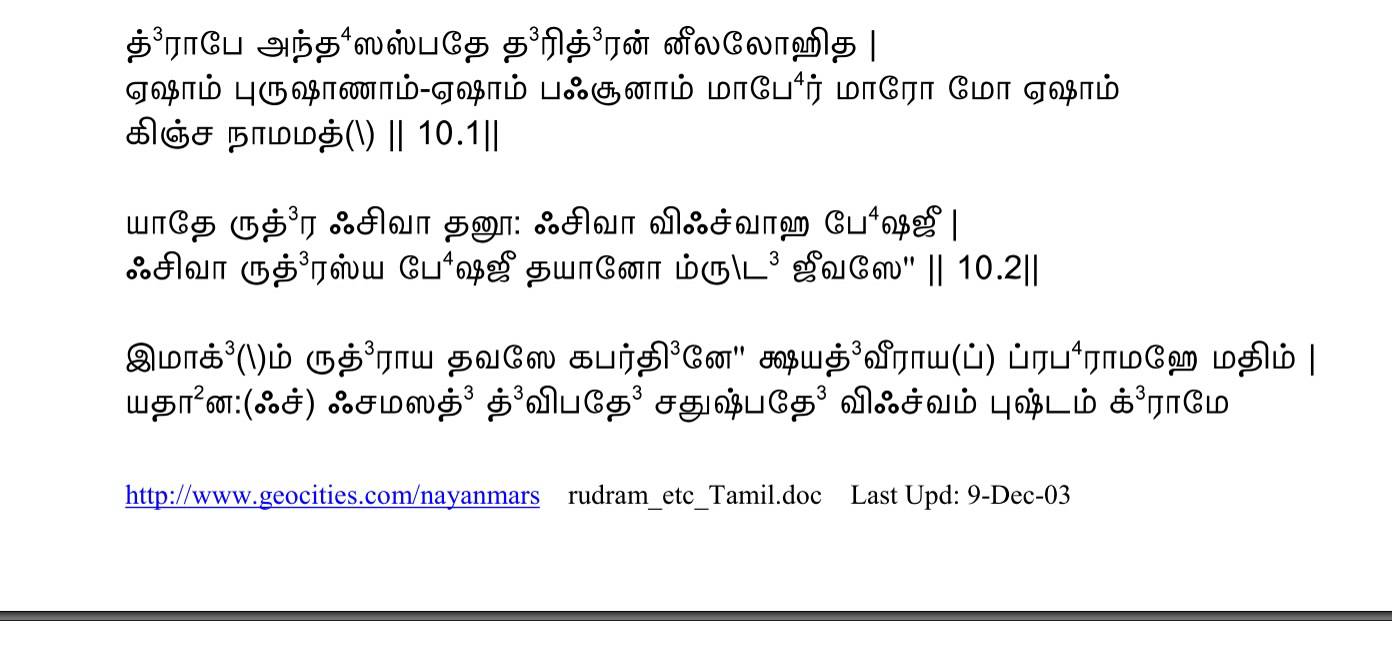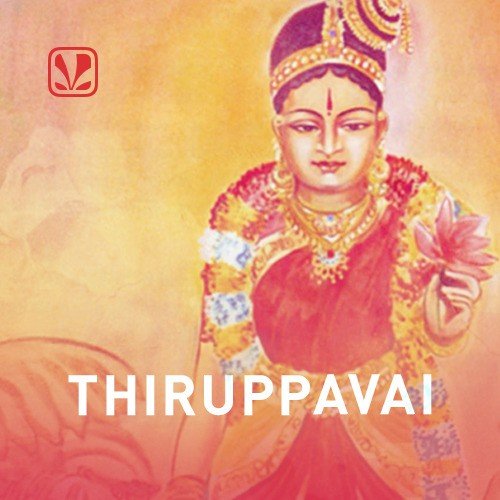
Manikkavacakar's hagiography is found in the Thiruvilaiyadar Puranam (16th century CE). His festival is celebrated in the Tamil month of Aani (June - July). Manikkavacakar is believed to have won intellectual arguments with Buddhists of Ceylon at Chidambaram. The twenty songs of Thiruvempavai and ten songs of Tiruppalliezhuchi on the Tirupperunturai Lord are sung all over Tamil Nadu in the holy month of Margazhi (The 9th month of the Tamil calendar, December and January). The Thiruvempavai, a collection of twenty hymns in which he has imagined himself as a woman following the Paavai Nonbu and praising Shiva. Throughout his work he discusses how important it is to forego attachments and cultivate dispassionate, devoted, sincere and simple hearted love to lord Shiva in order to attain his beatitude and also that the five letters of na ma si va ya alone give one mukti. The work tiruchitrambalakkovaiyar was sung entirely in Thillai Chidambaram. The tiruchazhal hymn after singing which the communal Buddhists were exposed is also engraved in one of the prakarams. Several verses of Tiruvasagam including the accho patikam after singing which he attained mukti at Thillai Natarajar's feet are also engraved in the walls of the chidambaram temple. His Tiruvasakam is placed near the murti of Shiva there. Thereafter Manikkavacakar moved from one place to other, singing and composing devotional songs. Manickavackar (Wooden Image), ASI Museum, Vellore Manikkavacakar means 'man with words as precious as Manikam'.Īccording to Ramana Maharshi, Manikkavacakar attained salvation by merging in a blinding light. Manikkavacakar's birth name is unclear, but he was known as Vadhavoorar after his birthplace. King Varaguna also was preached with knowledge of reality and blessed with salvation after Shiva made him realize his small worldly mistake. Manikkavacakar received enlightenment, realised that material things are transitory and built the temple of Shiva in Tirupperunturai with the money. On his way he met an ascetic devotee of Shiva, who in fact was the god himself. He was conferred the title "Thennavan bhramarayan" by the Pandyan king and had once entrusted him with a large amount of money to purchase horses for his cavalry. Another called Vadhavoorar puranam and yet another Sanskrit work of the 12th century CE on the same saint is now missing.Īccording to accounts, the king of Pandyan dynasty had selected Manikkavacakar as a part of his legion after seeing his military acumen. A poetic and elaborate hagiography of Manikkavacakar and his works was written in the 16th century and is called Tiruvilayadal puranam, meaning "An account of divine deeds".

A mural and statuette of Manikkavacakar with Purva Sikha head knot is seen in Tirupperunturai near Pudukkottai. The group wore a top tilted knot "Purva Sikha" to denote servitorship to the god Shiva. He belonged to the Pandithar Shaiva temple priest guild.

Manikkavacakar is said to have born in Vadhavoor (known today as Thiruvathavur, near Melur seven miles from Madurai in modern day Tamilnadu state in South India). The twelve volumes of Tamil Śaiva hymns of the sixty-three Nayanars In his expression of intimacy to God, Manikkavacakar mirrored the sentiments expressed by his fellow Bhakti period saints referring to the Lord as the "Divine Bridegroom" or the Nityamanavaalar ("Eternal Bridegroom"), with whom he longed to be united in "divine nuptials" His works are celebrated for their poetic expression of the anguish of being separated from God, and the joy of God-experience, : 48 with his ecstatic religious fervour drawing comparisons with those of Western saints like St. These eight volumes are considered to be the Tamil Vedas by the Shaivites, and the four saints are revered as Samaya Kuravar ( religious preceptors) Manikkavacakar's Tiruvasakam and Thirukkovaiyar form the eighth. The other three contributed to the first seven volumes ( Tevaram) of the twelve-volume Saivite work Tirumurai, the key devotional text of Shaiva Siddhanta. He is revered as one of the Nalvar ( "group of four" in Tamil), a set of four prominent Tamil saints alongside Appar, Sundarar and Sambandar. 862 CE–885 CE) (also called Arimarthana Pandiyan), he lived in Madurai.

Speculated to have been a minister to the Pandya king Varagunavarman II (c. Manikkavacakar, or Maanikkavaasagar (Tamil: மாணிக்கவாசகர், "One whose words are like gems" ), was a 9th-century Tamil saint and poet who wrote Tiruvasakam, a book of Shaiva hymns.

Tiruvasakam, Thirukkovaiyar, Thiruvempavai


 0 kommentar(er)
0 kommentar(er)
